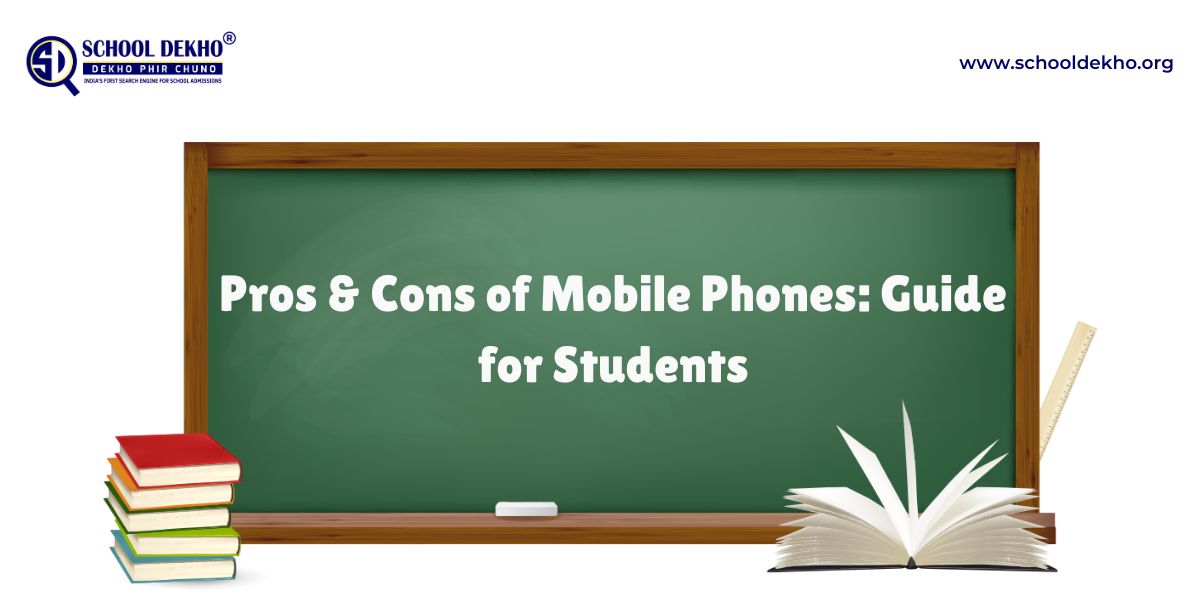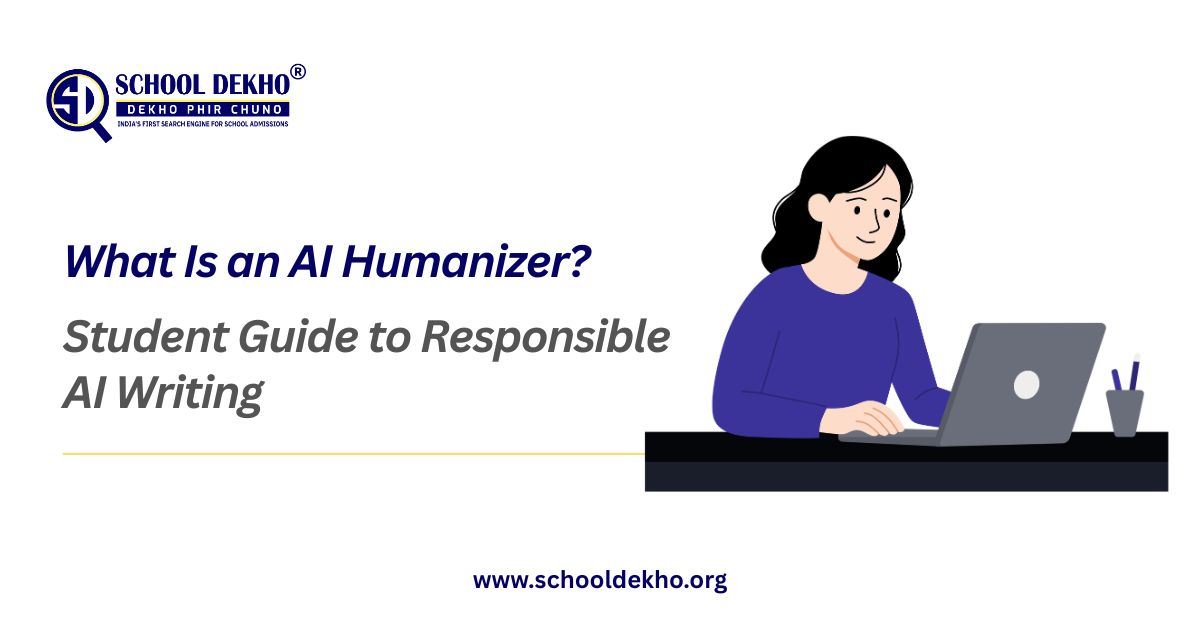Mobile phones are super helpful for staying connected, learning, and having fun, but they can also cause distractions, health issues, and addiction. This guide lists 15 benefits (like easy communication) and 15 drawbacks (like sleep problems), plus tips to use phones wisely, fun facts, and answers to common questions. Perfect for everyone, including students and those in India looking to buy a phone!
What Are Mobile Phones?
A mobile phone is a small, portable device for calling, texting, or browsing the internet. Modern smartphones act like mini-computers, letting you take photos, play games, manage work, or even control smart home devices. In India alone, over 1.2 billion people use mobile phones, making them a big part of daily life! [Source: Statista, 2025]. But while phones make life easier, they can also create challenges. Let’s explore both sides in detail.
Advantages of Mobile Phones
Mobile phones bring convenience and joy to our lives. Here are 15 key benefits:
1) Stay Connected: Call, text, or video chat with friends and family using apps like WhatsApp or Zoom, no matter where you are.
2) Easy to Carry: Phones are small and light, perfect for school, work, or travel.
3) Access Information: Search Google instantly for homework, news, or how-to guides. Over 80% of internet users rely on phones for information [Source:
Pew Research Center, 2024].
4) Entertainment Hub: Watch movies, listen to music, or play games like Free Fire on the go.
5) Learning Tool: Use apps like Duolingo or YouTube to learn coding, cooking, or languages.
6) Work Smarter: Manage emails, schedules, or tasks with apps like Google Calendar or Trello.
7) Navigation Made Simple: GPS apps like Google Maps help you find directions or avoid traffic jams.
8) Capture Memories: Take high-quality photos or videos with built-in cameras to save special moments.
9) Emergency Help: Call emergency services or use safety apps to share your location quickly during crises.
10) Online Shopping: Buy clothes, gadgets, or groceries from apps like Amazon or Flipkart, popular in India.
11) Banking on the Go: Pay bills or transfer money using mobile banking apps like Paytm or Google Pay.
12) Health Tracking: Monitor steps, sleep, or calories with apps like Fitbit or Google Fit.
13) Social Media Fun: Share updates or follow trends on Instagram, X, or TikTok.
14) Personal Touch: Customize your phone with wallpapers, apps, or themes to match your style.
15) Smart Home Control: Use your phone to manage lights, AC, or other smart devices at home.
Mobile Phones for Students
Phones can be great for students, too! They help with:
Research: Find quick answers for assignments or projects online.
Online Classes: Join Zoom or Google Meet for virtual learning, widely used in Indian schools.
Tutorials: Watch YouTube videos to understand tough topics like math or science.
Independence: Solve doubts without always asking teachers, building confidence.
Disadvantages of Mobile Phones
Phones can cause problems if overused. Here are 15 downsides:
1) Health Risks: Staring at screens can cause eye strain or headaches. Blue light (a type of light from screens) may harm your eyes over time [Source: American Academy of Ophthalmology, 2024].
2) Addiction: 50% of teens feel addicted to their phones, spending hours scrolling [Source: Pew Research Center, 2024].
3) Less Face-to-Face Time: Too much phone use can weaken bonds with friends or family as you focus on screens.
4) Distractions: Notifications or games can interrupt studying, working, or driving.
5) Privacy Worries: Apps may track your location or browsing habits, risking data misuse.
6) Cybersecurity Threats: Hackers can steal info through phishing texts or malware, common in India’s digital space.
7) Expensive Costs: High-end phones, repairs, or data plans (e.g., Jio or Airtel) can be costly for Indian users.
8) Battery Issues: Phones often run out of battery during important moments, like travel.
9) Environmental Harm: Throwing away old phones creates e-waste, polluting soil and water if not recycled.
10) Misinformation: Fake news spreads fast on social media, misleading users.
11) Stress and Anxiety: Constant notifications or comparing yourself on social media can feel overwhelming.
12) Sleep Problems: Using phones before bed disrupts sleep due to blue light, making you tired.
13) Accidents: Texting while walking or driving causes accidents, a growing issue in busy Indian cities.
14) Overdependence: Relying on phones for navigation or math can weaken your own skills.
15) Reduced Attention Span: Scrolling apps like TikTok can make it hard to focus on long tasks.
Tips for Using Mobile Phones Wisely
To enjoy phones without the downsides, try these easy tips:
1) Set Time Limits: Use apps like Screen Time (iOS) or Digital Wellbeing (Android) to cap daily use at 2-3 hours.
2) Take Breaks: Every 20 minutes, look 20 feet away for 20 seconds to rest your eyes (20-20-20 rule).
3) Turn Off Notifications: Silence non-essential alerts to focus on school or work.
4) Use Night Mode: Enable dark mode or blue light filters at night to protect sleep. Most Indian phones like Samsung or Xiaomi have this feature.
5) Secure Your Data: Use strong passwords and avoid public Wi-Fi for banking or personal apps.
6) Recycle Old Phones: Drop old devices at recycling centers (available in cities like Delhi or Mumbai) to reduce e-waste.
7) Engage Offline: Spend phone-free time with family or friends to build stronger bonds.
8) Verify Information: Check news on trusted sites like
BBC or The Hindu before sharing.
Buying Tips for Mobile Phones in India
Looking to buy a phone? Here’s how to choose wisely:
Set a Budget: Phones like Realme or Xiaomi offer great value under ₹20,000; premium options like iPhone or Samsung cost more.
Compare Features: Look for good cameras, long battery life, or fast processors based on your needs (e.g., gaming, photography).
Read Reviews: Check user reviews on Amazon or YouTube to pick reliable models.
Fun Facts About Mobile Phones
The first mobile call was made in 1973 by Martin Cooper, who called his rival to show off!
The Nokia 3310 sold over 126 million units and is famous for being nearly unbreakable.
Smartphones today are more powerful than the computers that sent humans to the moon in 1969.
Indians check their phones about 100 times a day on average [Source:
Deloitte, 2024].
In Japan, some toilets can be controlled with a smartphone app!
Comparison Table: Advantages vs. Disadvantages
| Advantages | Disadvantages |
| Instant communication | Eye strain from blue light |
| Easy to carry | Addiction (50% of teens) |
| Access to information | Less face-to-face time |
| Entertainment (games, videos) | Distractions from notifications |
| Learning apps for students | Privacy and data risks |
Frequently Asked Questions (FAQs)
1. Are mobile phones good for students?
Phones help students research, join online classes, and learn independently, but overuse can distract from studies or cause addiction. Limit use to 1-2 hours daily for balance.
2. How can I reduce phone addiction?
Set a daily screen time limit, keep your phone away during meals or bedtime, and try hobbies like reading or sports.
3. Do mobile phones harm health?
Yes, they can cause eye strain, poor posture, or sleep issues due to blue light. Use night mode and take breaks to stay healthy.
4. Can phones help in emergencies?
Yes! Call emergency numbers (e.g., 100 in India) or use apps to share your location fast.
5. How do I protect my privacy on a phone?
Use strong passwords, avoid sharing personal info on unsecured apps, and review app permissions regularly.
6. What’s the best phone to buy in India?
It depends on your budget! Affordable options like Redmi or Realme are great for students; premium phones like iPhone 15 or Samsung Galaxy S24 suit professionals.
Conclusion
Mobile phones are powerful tools that make life easier, from staying connected to learning new skills. In India, they’re essential for millions, but they come with risks like addiction, health issues, and distractions. By following simple tips—like limiting screen time, using night mode, and recycling old phones—you can enjoy their benefits safely. Whether you’re a student, parent, or professional, use your phone wisely to make it a helper, not a controller! Take control of your future with
School Dekho—explore the best schools in India to empower your child’s education and teach them to balance technology with learning.




